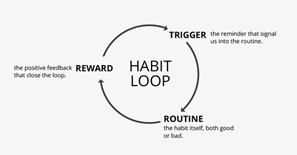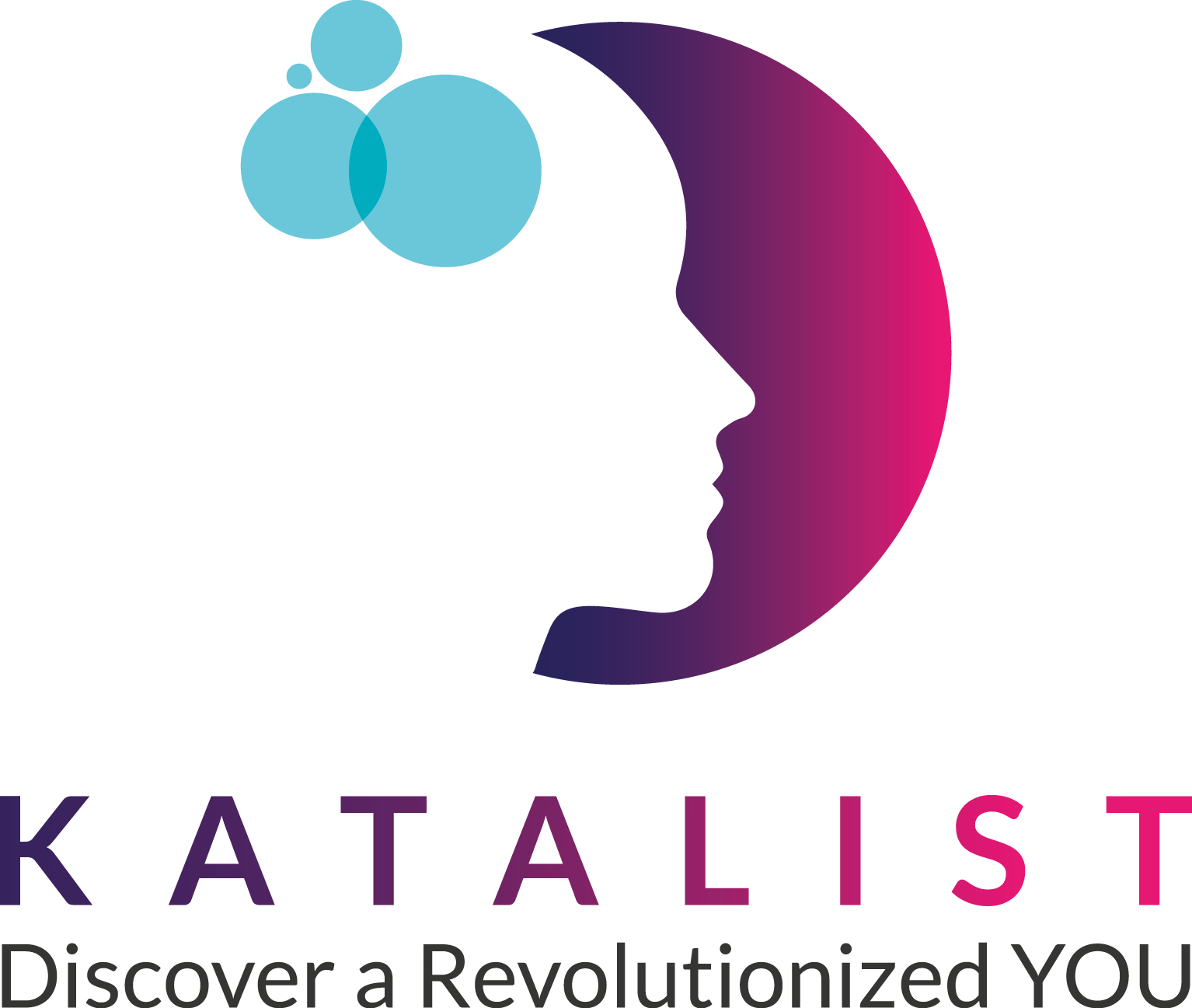“We are what we repeatedly do. Excellence, then, is not an act, but a habit.” – Aristotle
Wrapped up the long to-do list, done for the day and exhausted. Now I just want to plop down on the couch and watch a movie. Oh, but how can I enjoy a movie without popcorn, chips and ice cream! Of course, the pleasure is almost always followed by guilt and yet again that it is what I will do the next time I feel tired. I don’t even remember when I got into this habit loop. Somewhere along the way, relaxation got associated with mindless media and junk food!
Remember the first time you learnt how to drive – you had to focus on changing gears, now you don’t even think about it. Habits are a person’s behaviour running on auto-pilot. Bad habits are ingrained in the mind due to the rewarding feelings that they bring, even if temporary. Habits are so powerful because they create neurological cravings: A certain behaviour is rewarded by the release of “pleasure” chemicals in the brain. The habit loop comprises of 3 parts – there is the cue or the trigger, the routine or the habit itself and the reward.

Most of the time, bad habits are simply a way of dealing with stress and boredom. Everything from biting your nails to overspending on a shopping spree to drinking every weekend to wasting time on the internet can be a simple response to stress and boredom. Most people know the feeling of how their hands itch to grab the phone and do some mindless scrolling or check for social media notifications. Similarly, habits such as smoking or any such addictions have become a pattern over a period. With bad habits, the immediate outcome usually feels good, but the ultimate outcome feels bad. With good habits, it is the reverse: the immediate outcome may not be fun, but the ultimate outcome feels good.
However, we are not powerless in front of our habits. Habits can be changed once we understand the habit loop. You have to be honest with yourself. Check if there are certain beliefs or reasons that are behind the bad habit? Is there something deeper – a fear, an event, or a limiting belief – that is causing you to hold on to something that is bad for you? You can overcome the habits by:
- Identifying the trigger and the reward – When do you indulge in your bad habit? How many times do you do it each day? Where are you? Who are you with? What triggers the behaviour and causes it to start?
- Finding a substitute for your bad habit – Instead of reaching for a cigarette or junk food when stressed, can you go for a walk or listen to music?
- Getting an accountability partner – Partner with someone on a similar journey or someone who cares and will help you stay on track.
- Visualizing yourself in the new positive habit loop – Visualisation is a powerful tool to build a new reality for yourself.
- Being kind to yourself – You may fail sometimes but that is no reason to give up.
Atomic Habits, a book by James Clear, gives a very powerful message – ‘When we repeat 1 percent errors, day after day, by replicating poor decisions, duplicating tiny mistakes, and rationalizing little excuses, our small choices compound into toxic results’. This is sufficient motivation to replace the 1% error with 1% effort in the positive direction.
Khyati Shah is a Transformation Coach and seasoned professional dedicated to helping people overcome limiting beliefs and balance the demands of life and career more effectively. You can reach her on khyatishah@katalist.net.in.
